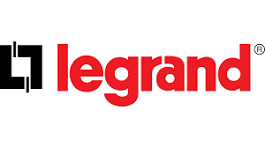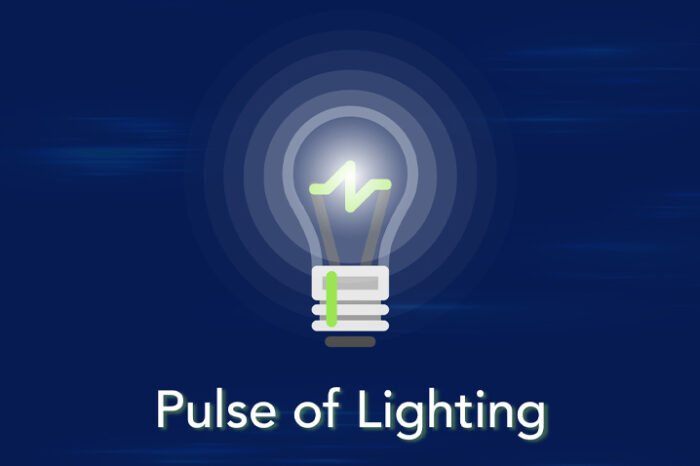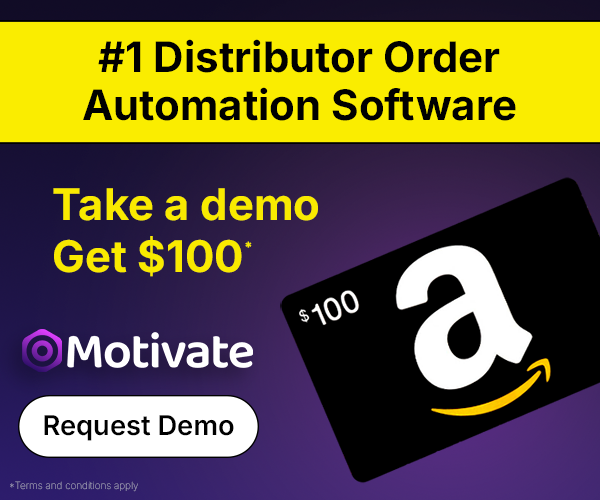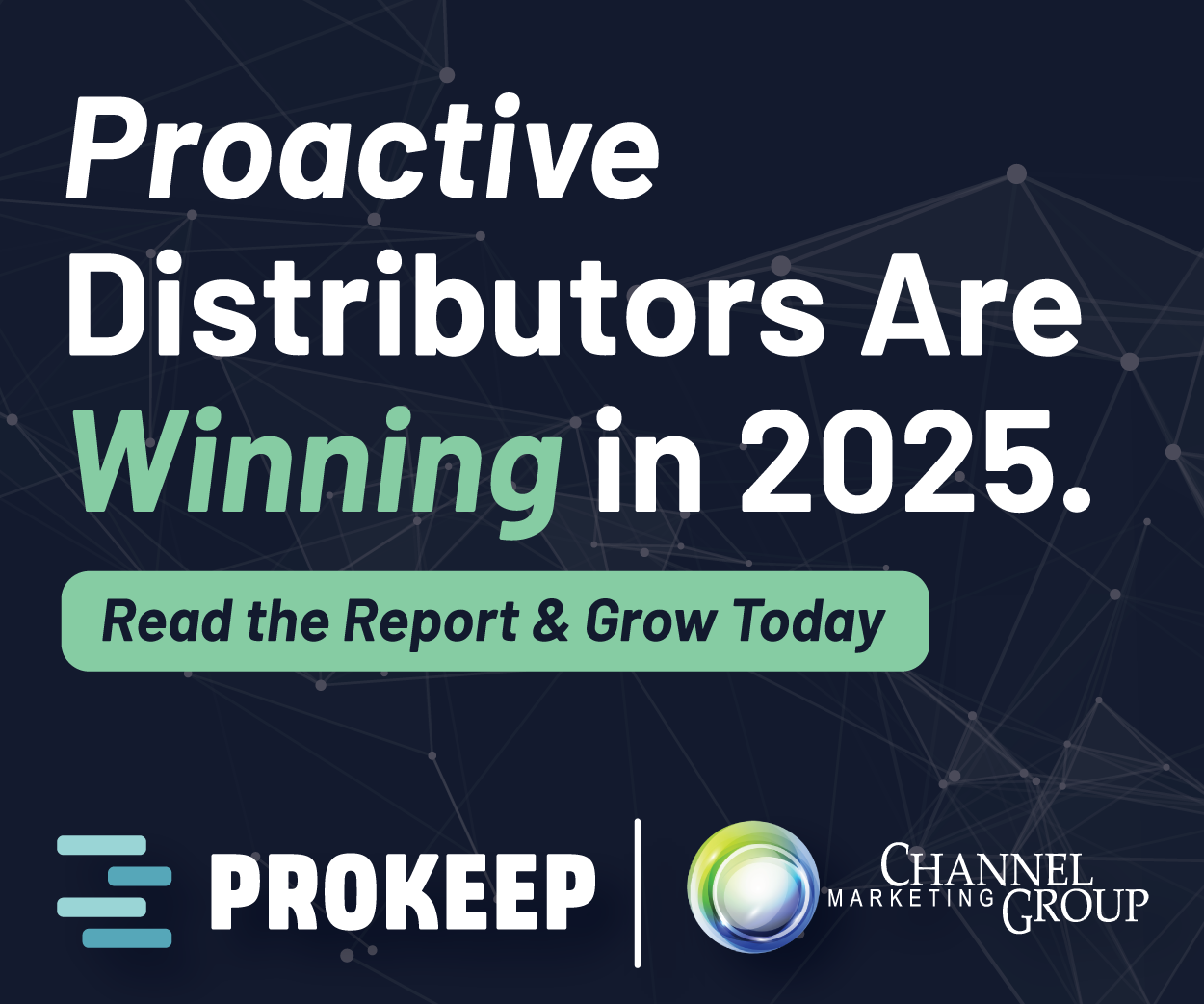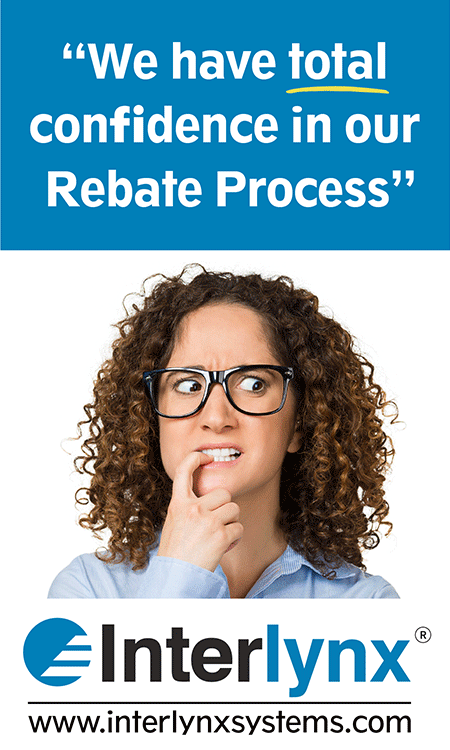Recent Small Distributor Acquisitions
 Over the past few months there have been a number of small electrical distributor acquisitions that seemingly have fallen below the industry radar. These include:
Over the past few months there have been a number of small electrical distributor acquisitions that seemingly have fallen below the industry radar. These include:
- PDI acquired 9 location W.A. Bragg in eastern Georgia and western South Carolina.
- According to IMARK Electrical’s Now Magazine:
- Echo Group acquired Electric Wholesale, a one location distributor in Ames, IA
- Walters Wholesale, a USESI company, acquired Village View Lighting in Simi Valley, CA, a 30-year-old business in December 2021
- Inline Electric made its second acquisition this year acquiring The Lighting Gallery in Chattanooga, TN, which was founded in 1976 (hence in business for 45 years.)
When you look at the companies that were acquired, a commonality is that they are all heavily dependent upon the residential market.
These follow a number of other acquisitions that occurred earlier in the year.
Additionally, we’ve heard from others that a number of companies with 3-7 branches have been reaching out via business brokers to distributors and other 3rd parties seeking to sell. When asked what the commonalities of these companies are, it inevitably is:
- No succession plan (which is either a family / generational issue, lack of grooming staff
- Aging staff
- Feel that the business has hit a “profit” high over the past two years
- Recognition that will need to make some investments in the business (usually technology-related)
At the same time, most are unrealistic in their “ask” as they have challenges in distinguishing between organic growth and inflation-driven growth. In most, if not all, cases, gross and net profitability have been artificially inflated due to price increases (especially copper). Further, in presenting their businesses, they are challenged in presenting the business as a going concern as they don’t have a growth plan. Prospective buyers either need to be similar to one of the above acquirers who can integrate a small operation into their existing infrastructure or have to develop their own plan for growth (as well as invest additional funds for staff, technology and possibly more.)
The question then becomes, what should a small company do?
- If you’re thinking of selling, pricing “high”, or unrealistic, is contrary to your goal. The key is selling quick as the longer the sale process takes, the more a company may “bleed” or lose opportunities. It is best to price appropriately (maybe a reasonable premium if there are value-added reasons) and target appropriate buyers. Remember the adage, “time = money”.
- Get an industry-oriented business valuation. Going to 3rd parties that are unfamiliar with the industry may not provide appropriate information … or know prospective acquirers.
- Be realistic about what investments should be made into the business.
- Consider what a growth plan should be.
The industry is going through change and while the economy has been strong, the past is not a precursor of the future. Today’s market is in flux. While some talk about a pending recession, more likely this will impact different geographies and market segments differently. A business stress test should be considered that is tied to your key market segment(s). And for “larger” companies, consider taking some of today’s profitability and investing it into tools / strategies that will help you improve productivity, profitability, and diversification during a downturn.
If you’re a small company debating options, contact us. Channel Marketing Group has partnered with G Group Holdings’ Greg Smith, who has experience with industry-specific valuations, to help companies consider growth plans, business valuations and acquirer outreach.



